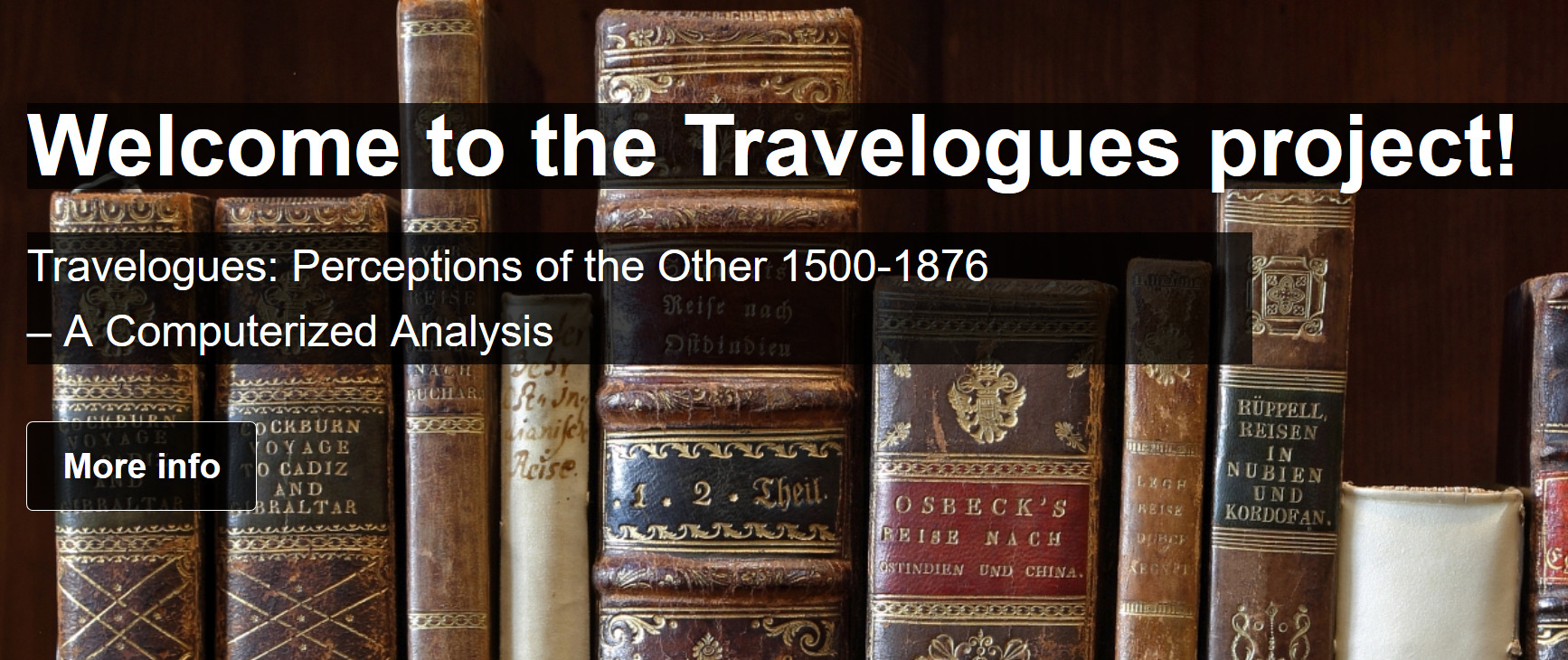Digital Humanities and Ottoman Studies
Online Lecture Series 22.10.2020-28.01.2021,
organnized by Cristina Vertan and Yavuz Köse
This online lecture series was a preparation for the workshop entitled Digital Humanities and Ottoman Studies. State of the art, challenges, perspectives and prospective research. The lecture series brought together researchers in Ottoman studies and specialists in digital humanities to discuss about potentials and challenges of digital Ottoman research. In recent years there was an increasing number of initiatives and projects which use digital methods and techniques. Yet, given the area and period of time covered by the Ottoman Empire, the usage of digital methods faces particular challenges (multitude of scripts, languages, cultural identities, diverse historical periods) that the lecture series intends to address.
- 22.10.2020 Süphan Kırmızıaltın (Abu Dhabi): Ottoman Text Recognition
- 29.10.2020 Kürşat Aker (Northern Cyprus) and Cemil Ozan Ceyhan (Istanbul): Muteferriqa – Ottoman Turkish Search Engine
- 05.11.2020 Emre Erol (Istanbul): Visualizing a Prosopographical Study of the Young Turk Elites: Using Data Mining, Network Clusters and Spatial Mapping
- 12.11.2020 Jörg Wettlaufer (Göttingen): Travels in the 19th-Century Ottoman Empire. A Digital History Research Project
- 19.11.2020 M. Erdem Kabadayı (Istanbul) and Yekta Can (Istanbul): Urban Occupations OETR. Bringing Ottoman/Turkish History into Digital Humanities
- 26.11.2020 Antonis Hadjikyriacou (Athens), Ali Yaycıoglu (Stanford), Erik Steiner (Stanford) and Fatma Öncel (Stanford): Mapping Ottoman Epirus: Region, Power and Empire (Center for Spatial and Textual Analysis (CESTA)
- 10.12.2020 Gisela Procházka-Eisl (Vienna), Hülya Çelik (Bochum), Omar Siam (Vienna): From Digital Transcription to a Searchable Corpus that Lasts: Ottoman Miscellanies and an Encyclopaedia go TEI
- 07.01.2021 Antonis Hadjikyriacou (Athens): Economy, Environment and Landscape in the Cypriot Longue Durée: Combining Maps and Fiscal Surveys from the Fifteenth to the Twentieth Century
- 21.01.2021 Aysu Akcan (Vienna) and Yavuz Köse (Vienna): HTRising Ottoman Manuscripts
- 28.01.2021 Hülya Çelik (Bochum) and Thomas Wallnig (Vienna): Digitizing Early Orientalism: What did the Republic of Letters Know about the Orient?
- 04.02.2021 Nil Tuzcu (Cambridge, MA): Istanbul Urban Database
- 11.02.2021 Alicia Gonzaléz Martínez (Hamburg): Cobhuni – Contemporary Bioethics and the History of the Unborn in Islam
- 25.02.2021 Cristina Vertan (Hamburg): HerCoRe – Hermeneutic and Computer-based Analysis of Reliability, Consistency and Vagueness in Historical Texts
https://lecture2go.uni-hamburg.de/l2go/-/get/l/6975
This lecture series will be enhances by an onsite workshop, within the innitiative “Mixed Methods in Humanities”, financed by the Volkswagen foundation and organized at the University of Vienna 7-9 July 2022.
The Organisers of this lecture Series were Prof. Dr. Yavuz Köse (University of Vienna) and Dr. Cristina Vertan (University of Hamburg)




